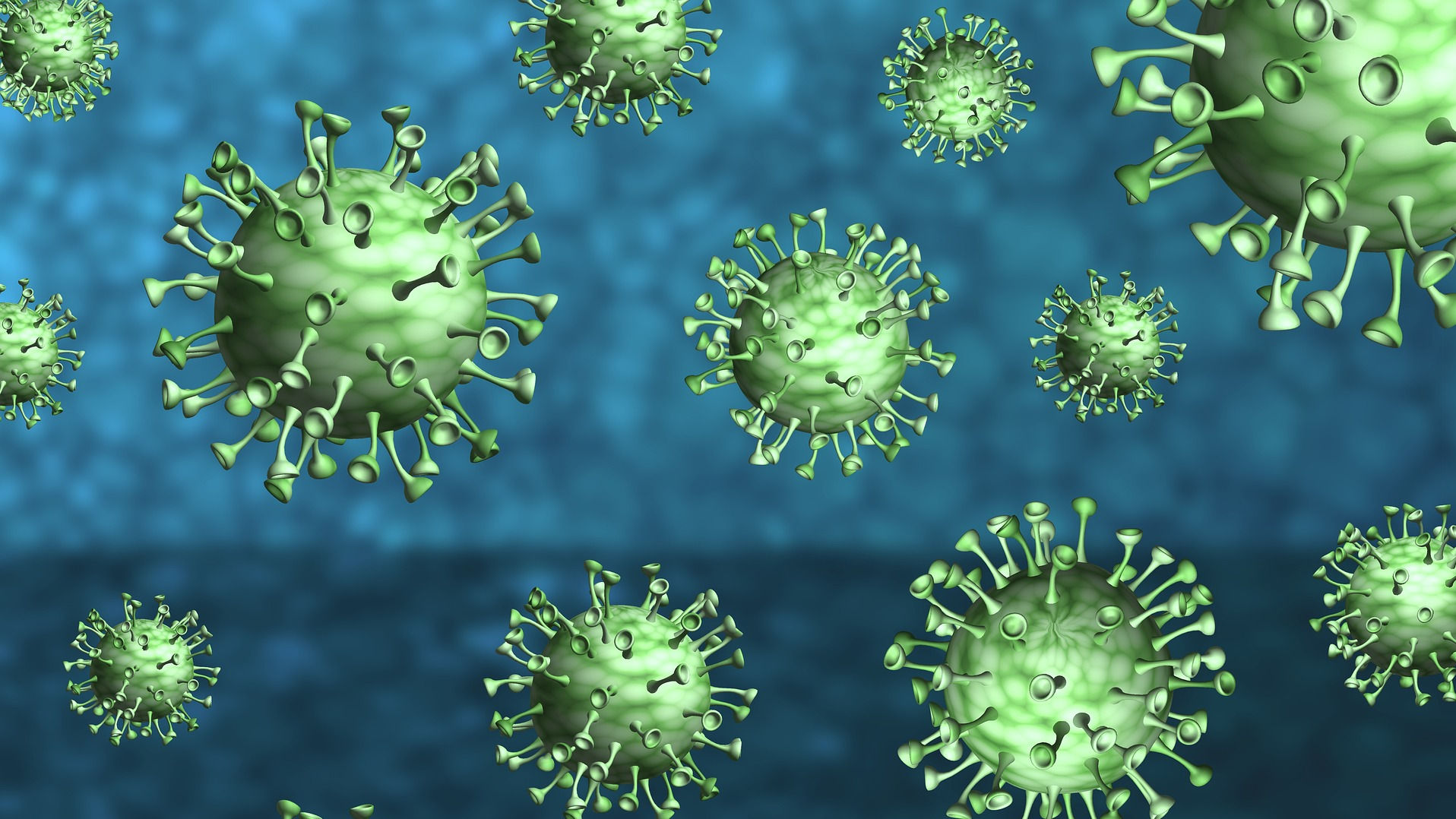Venereal Disease
Venereal disease is an older term for what are now commonly known as sexually transmitted infections (STIs) or sexually transmitted diseases (STDs). These infections are passed through sexual contact and can affect people of any age, gender, or background. Though common, STIs should be taken seriously due to their potential long-term health effects and risk of transmission to others.
Common Types of STIs
Some of the most prevalent STIs include:
- Herpes Simplex Virus (HSV) – causes painful sores around the mouth or genitals
- Human Papillomavirus (HPV) – linked to genital warts and some cancers
- Chlamydia – a bacterial infection often with no symptoms
- Gonorrhea – a bacterial infection that can lead to pelvic inflammatory disease
- Syphilis – a bacterial infection with progressive stages if left untreated
- HIV/AIDS – a virus that weakens the immune system over time
Symptoms to Watch For
Symptoms can vary depending on the type of STI but often include:
- Lesions or sores on or near the genitals or mouth
- Burning sensation during urination
- Itching or unusual discharge
- Swelling or pain in the genital area
- Flu-like symptoms (especially early in infections like HIV)
Sometimes STIs have no noticeable symptoms at all, which is why regular screening is essential for sexually active individuals.
When to See a Doctor
If you suspect you have an STI, see a healthcare provider immediately.
Many STIs are treatable with antibiotics or antivirals. Delaying treatment can lead to complications such as infertility, chronic pain, or systemic infections.
A provider can offer accurate testing, diagnosis, and treatment options.
Never attempt to treat suspected STIs using only home remedies.
Safe Practices and Prevention
To reduce your risk of contracting or spreading STIs:
- Use condoms consistently and correctly with every sexual partner
- Get tested regularly, especially before starting a new relationship
- Limit number of sexual partners
- Vaccinate against HPV and Hepatitis B
- Communicate openly with partners about sexual health and testing
Home Remedies That Lack Scientific Support (Use Caution)
- Fasting: There’s no evidence that fasting clears viral infections like herpes. Prolonged fasting may actually weaken your immune system. It’s best avoided.
- Herbal supplements (e.g., Amaranth, Lady’s Finger): These have anecdotal support in traditional medicine but no proven clinical efficacy for STIs. If used, they should not replace prescribed treatment.
Always inform your doctor if you're using supplements or herbal remedies to avoid interactions with medications.
Home Care Tips for Managing Symptoms
Venereal diseases—or STIs—are common, but with early diagnosis, medical treatment, and safe sexual practices, they are manageable. While some natural remedies may offer symptom relief, they are not a cure. The most effective strategy includes professional care, honest communication, and responsible prevention.
While home remedies cannot cure STIs, some may help ease symptoms or support the immune system alongside prescribed treatment. Always consult a doctor before trying supplements, especially if you're already taking medication.
Supportive Home Remedies (To Use With Medical Treatment)
Warm Sitz Baths
Soaking the genital area in warm water for 10–15 minutes may help relieve discomfort or itching caused by sores, especially with herpes or irritation from discharge. Avoid bubble baths or harsh soaps.
Immune-Supportive Foods
A balanced diet rich in fruits, vegetables, and lean proteins supports your immune response. Incorporate:
- Vitamin C-rich foods (oranges, peppers, strawberries)
- Probiotic-rich foods (yogurt, kefir, sauerkraut)
- Omega-3s (flaxseeds, walnuts, fatty fish)
Hydration and Rest
Staying hydrated and getting enough rest are simple but essential steps in recovery and immune health. They help reduce fatigue and aid the body in fighting infections.


